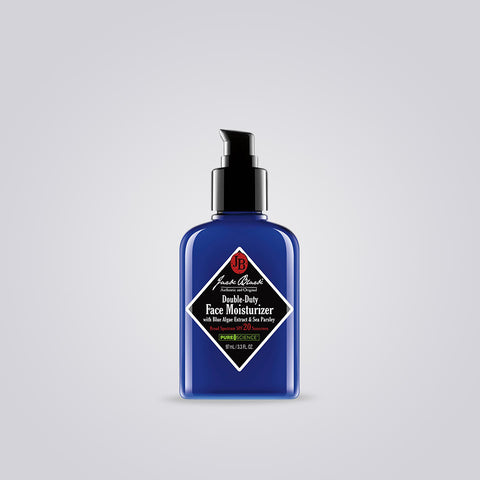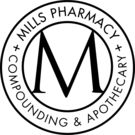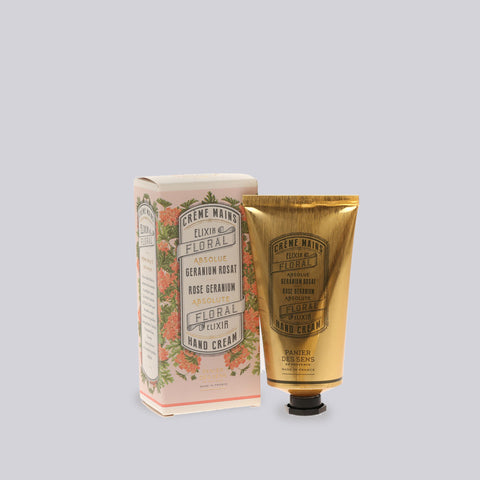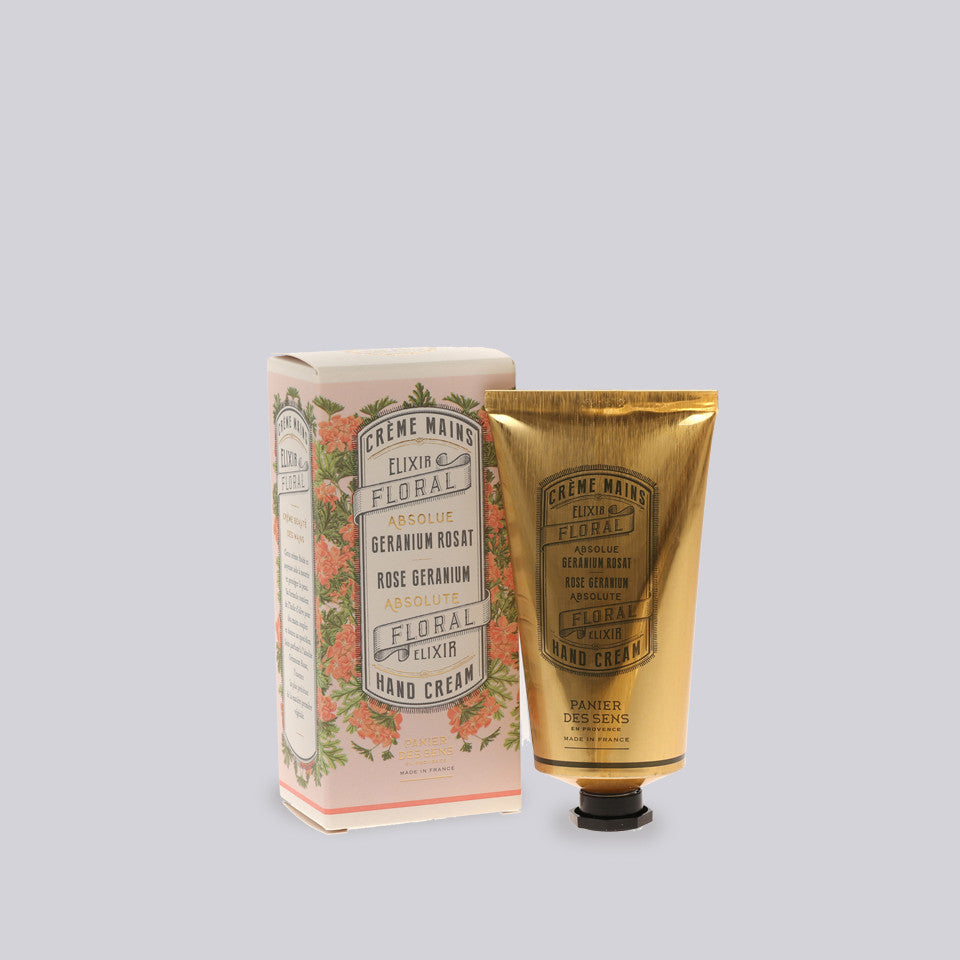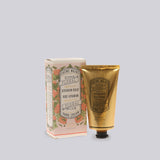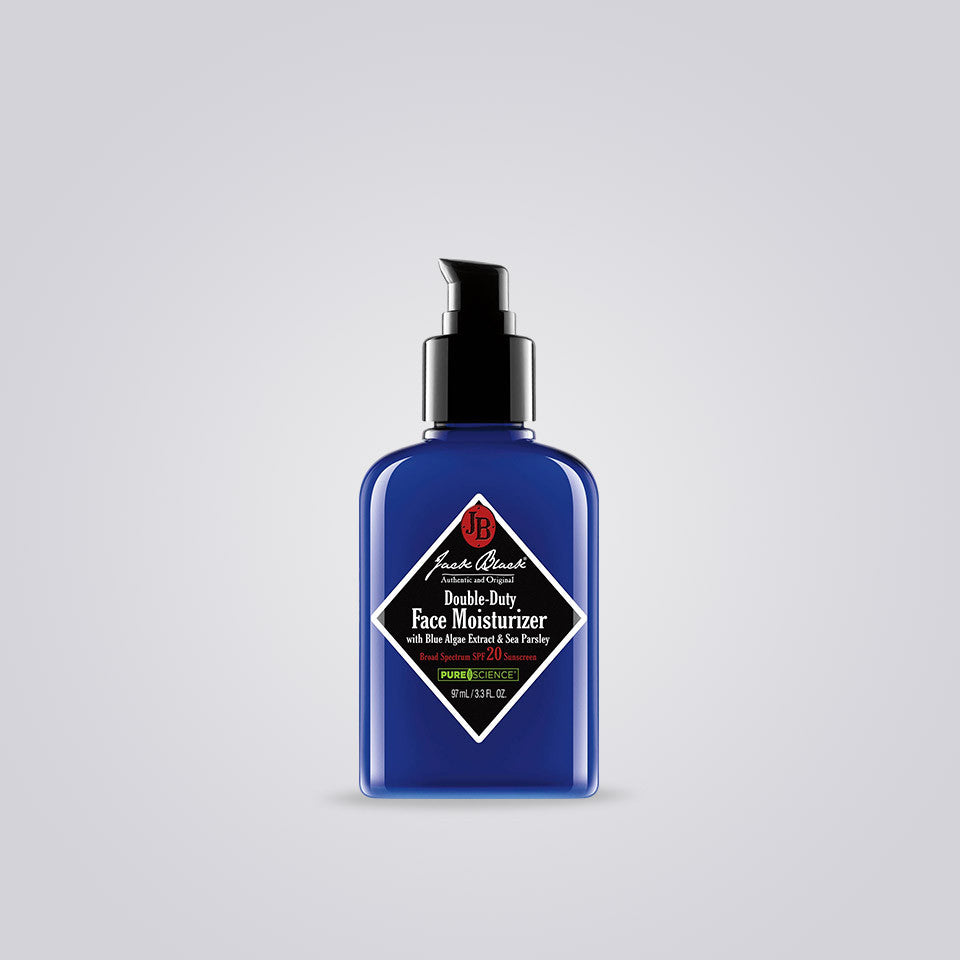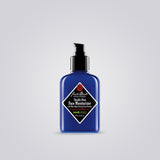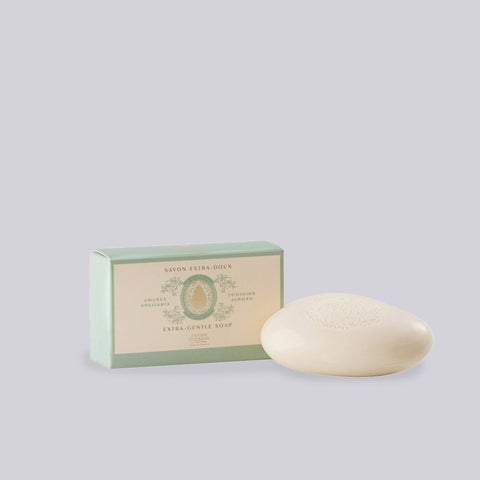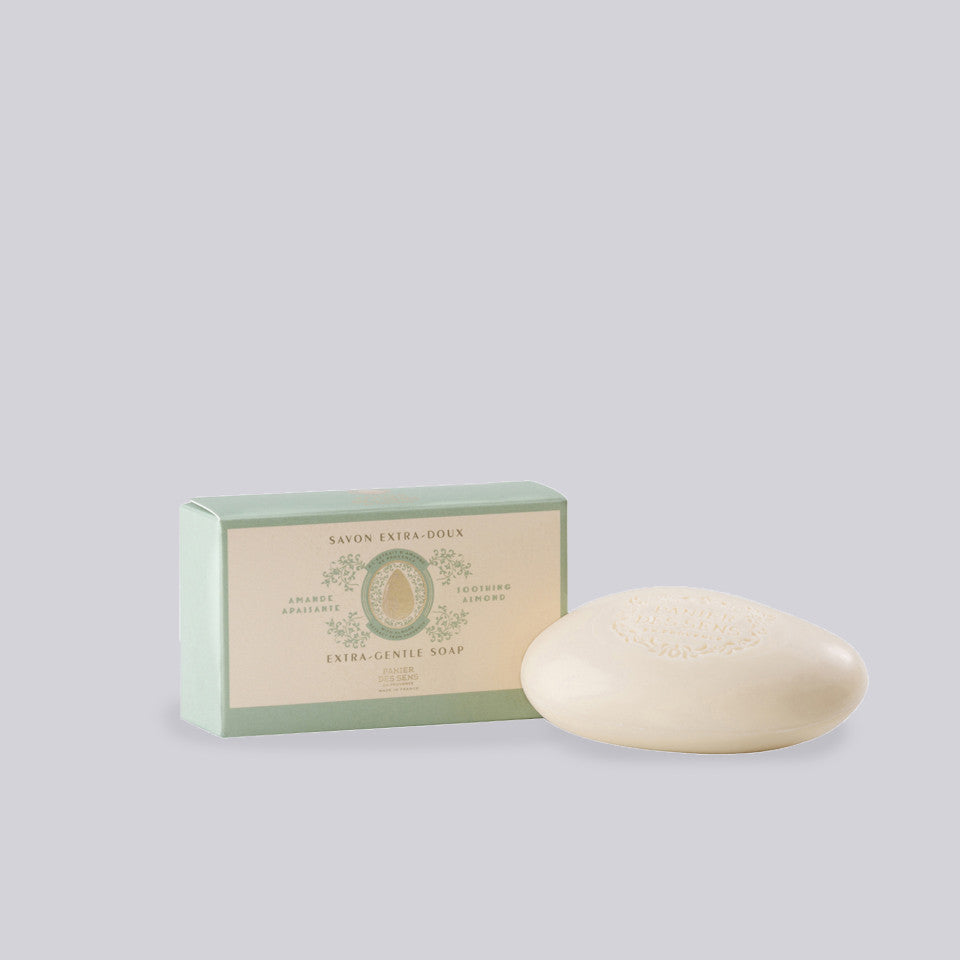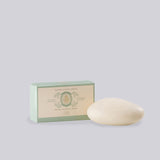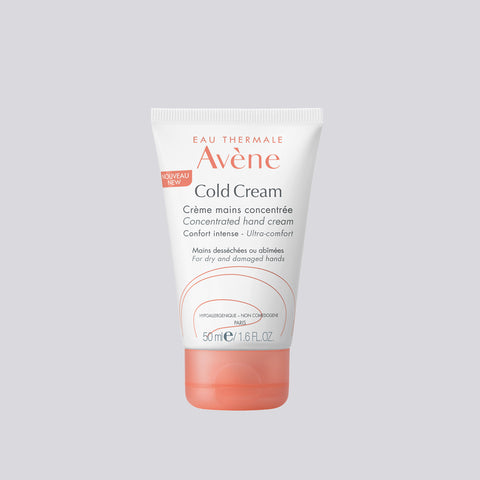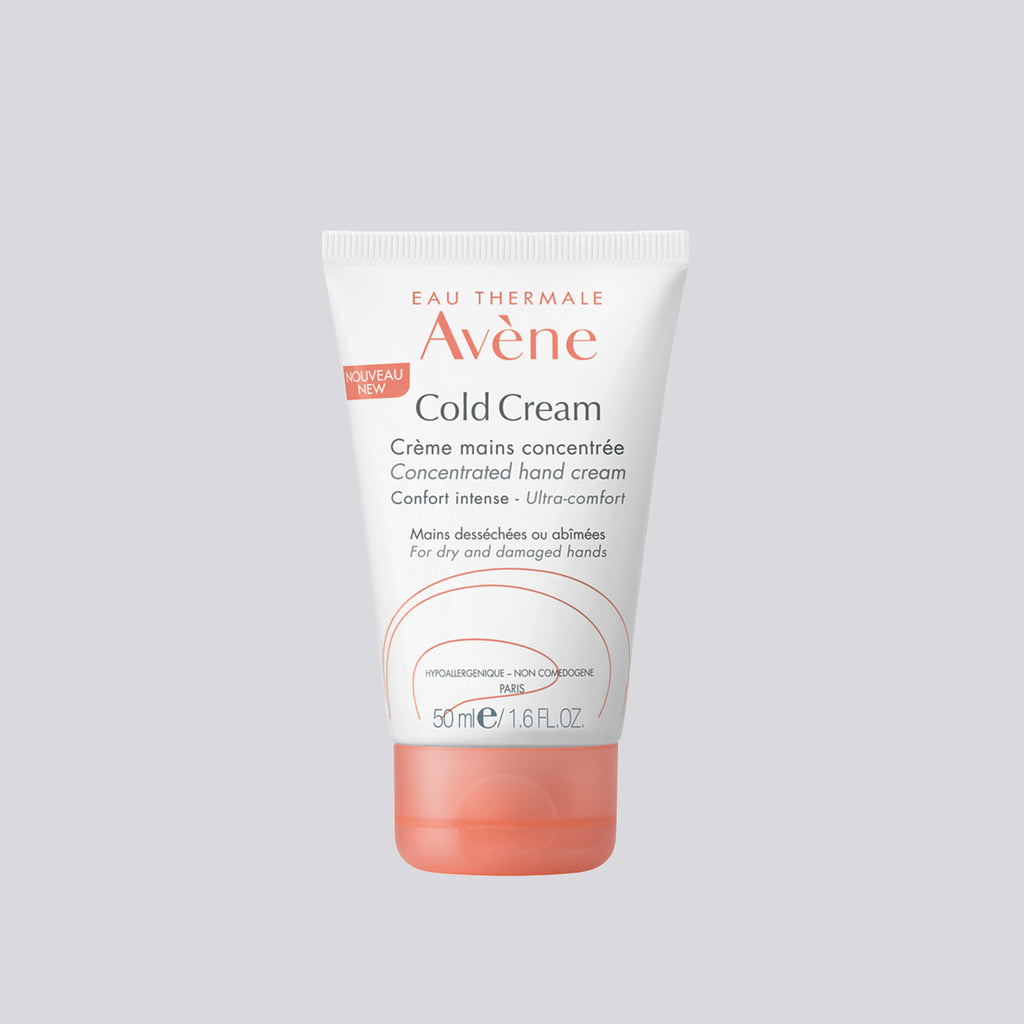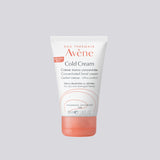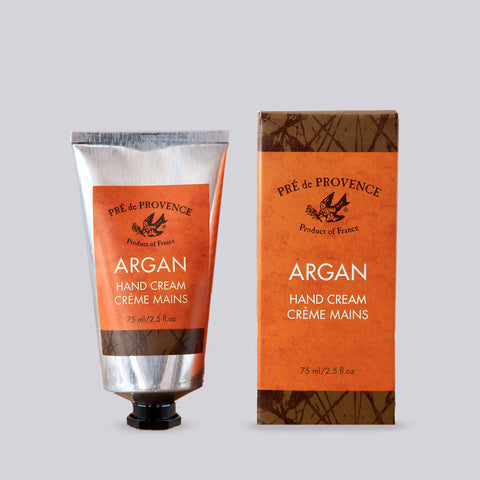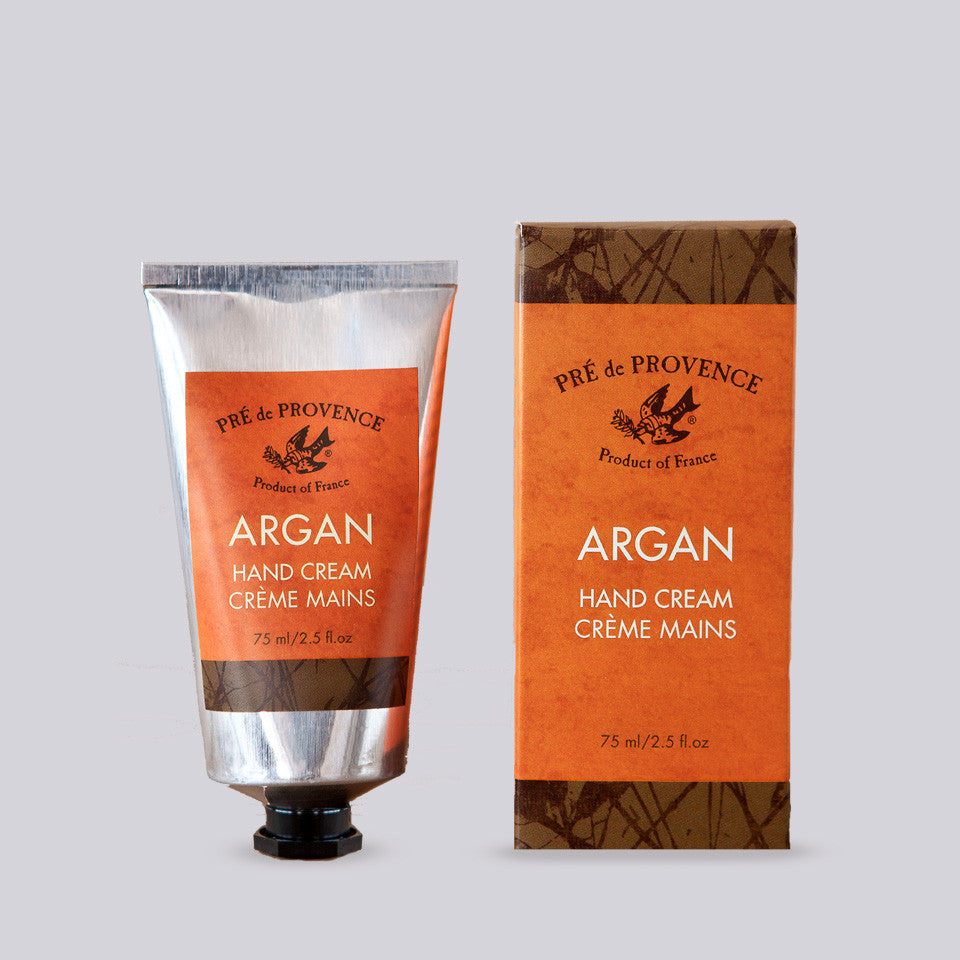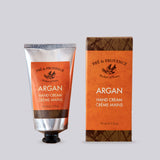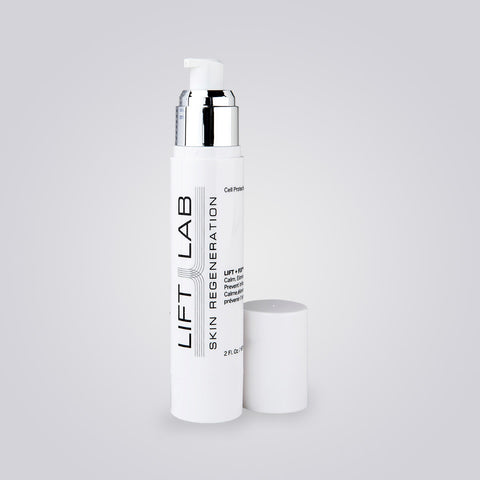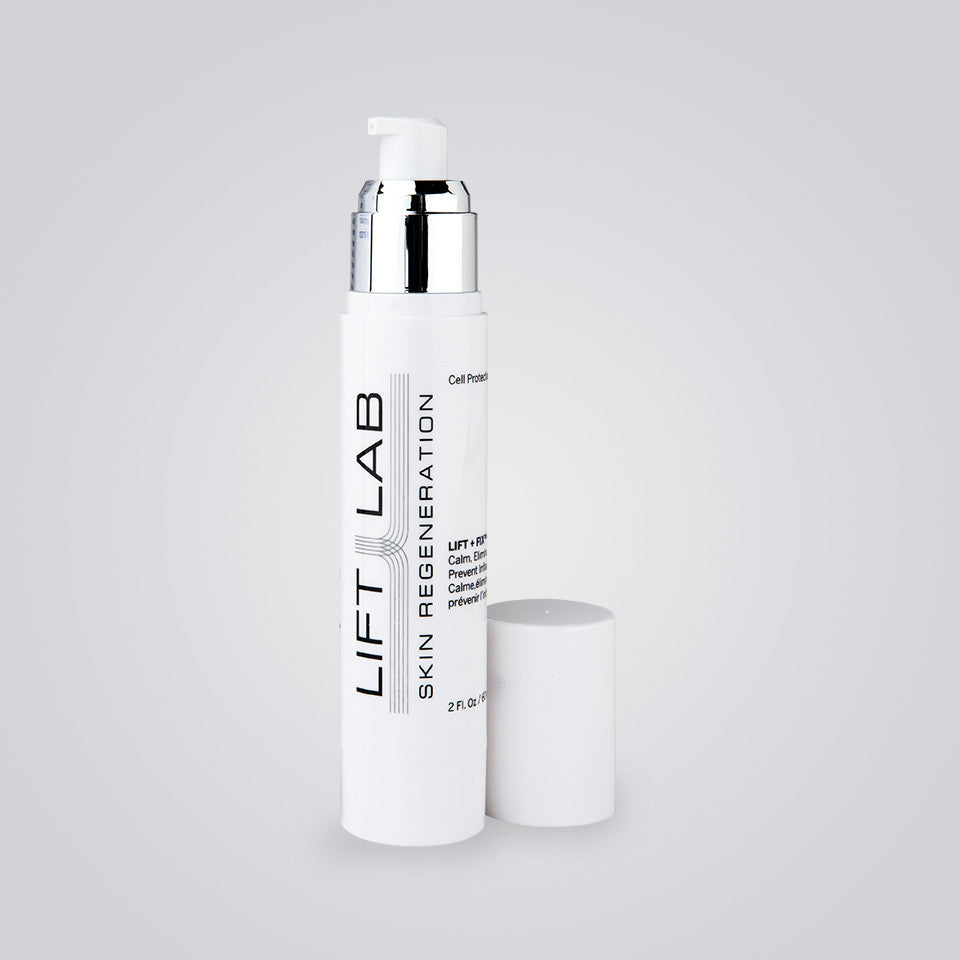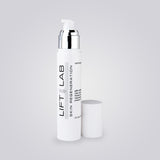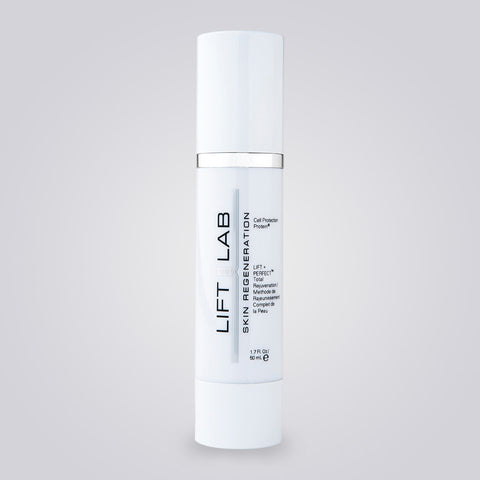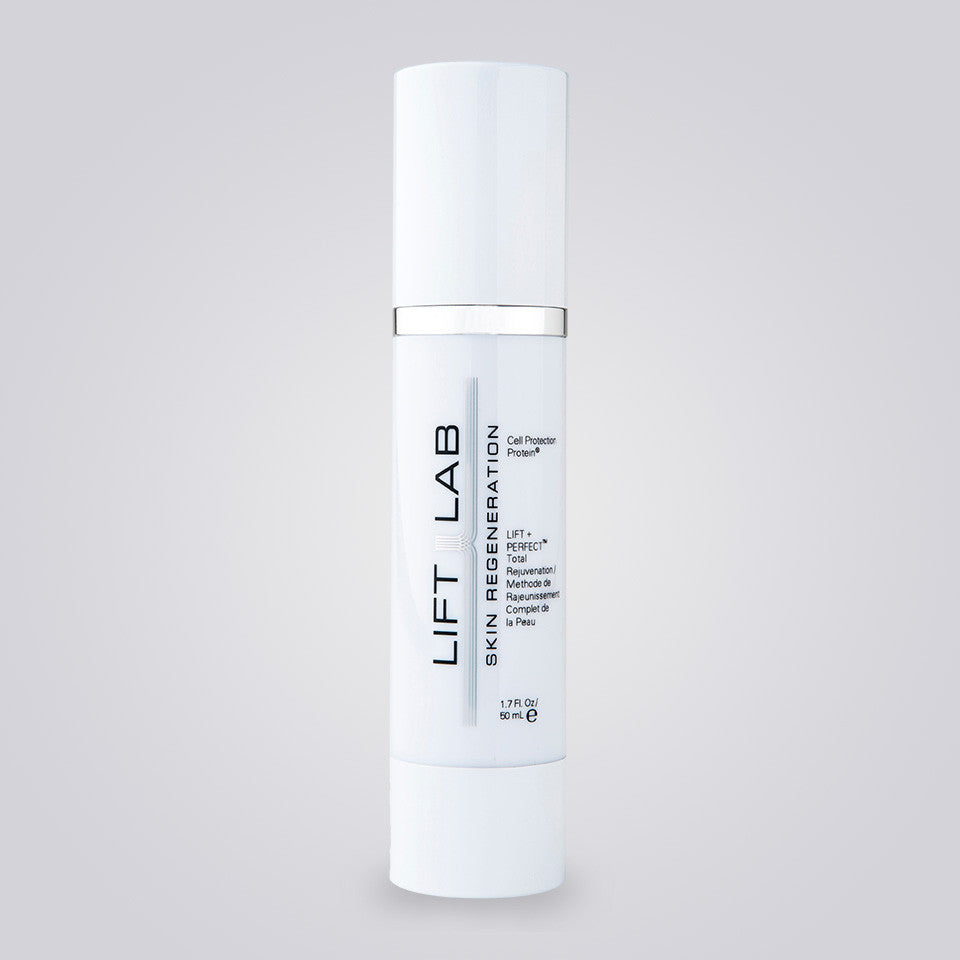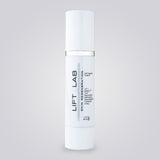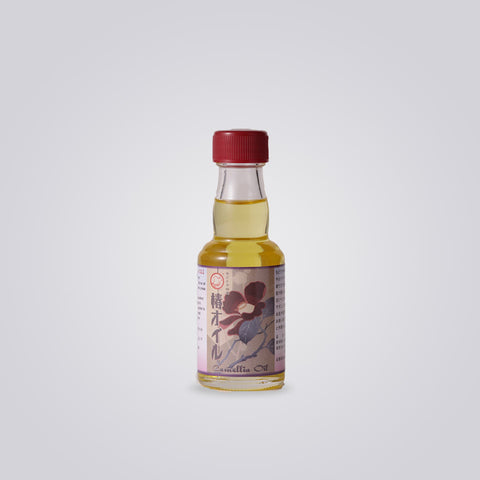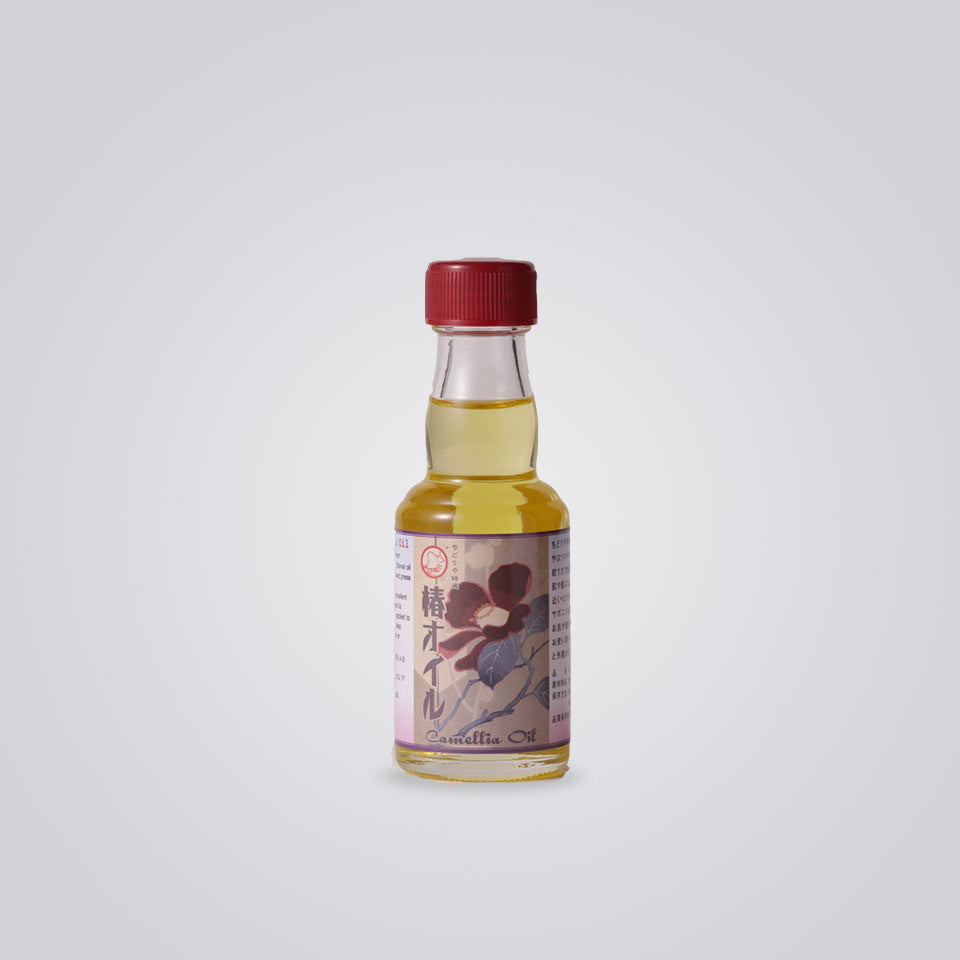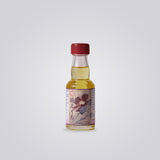FEATURED PRODUCTS
Product Classifications:
All Natural products:
Products labeled "all natural," according to the USDA definition, does not contain artificial ingredients or preservatives and the ingredients are only minimally processed. However, they may contain antibiotics, growth hormones, and other similar chemicals.
The difference between All Natural products vs Organic products:
Natural and organic are not interchangeable terms. The term "natural" suggests that products have been minimally processed or are free from synthetic ingredients but this is not currently a federally regulated labeling claim. Only products that have been certified as meeting USDA organic standards can be labeled "organic." Other claims, such as free-range, hormone-free, and natural can still appear on product labels. However, such claims should not be confused with the term "organic."
ECOCERT Organic vs USDA Certified Organic:
USDA is the United States Department of Agriculture, the agency of government under which organic standards are enforced. These agencies certify food products only and while many food products can be used in skin, body and hair care (for example: honey, sea salt, lavender), there are many natural and organic ingredients that are not recognized by the USDA because they are not considered food. Likewise, there are several safe and natural methods used to obtain raw materials used in skincare that are permitted by ECOCERT and not applicable to the USDA. ECOCERT is a worldwide certifier of organic farmed products, and is accredited to certify organic ingredients according to the NOP standards under the USDA. It has become a leader in organic certification standards. ECOCERT is a non-government agency that has extended beyond agriculture to include other industries. Recognizing the need for standards in the development of natural personal care products, ECOCERT defined a requirement level for manufacturers who make products with respect to the natural substances and the environment. ECOCERT currently certifies in more than 80 countries providing two certifications: ECOCERT Natural and ECOCERT Natural and Organic.
Gluten Free Products:
Ingredients that have been derived from wheat, barley, rye or oats that are “specially processed to remove gluten” may be found on products labeled gluten-free. The labeling definitions from both the Codex Alimentarius Commission (in force) and the United States Food and Drug Administration (as proposed) allow such ingredients to be used as long as the final product does not test above 20 parts per million. Thus a product bearing a gluten-free designation may list an ingredient containing wheat--e.g. wheat starch. Products with ingredients “specially processed to remove gluten” may or may not meet the gluten-free definition.
Non Toxic Products:
Companies that claim to be non-toxic, they are specifically referring to leaving out ingredients that have been linked to toxic responses in humans: neuro-disruption, hormone disruption, cancer and death.such as phthalates (found mostly in household products and shampoo and conditioner; formaldehyde (found in nail polish, hair gel and color cosmetics); petroleum (found in moisturizers and lip balms); asbestos (labeled as talc or hydrous magnesium silicate); lead acetate (found in hair dye and lipstick); coal tar (found in hair dye and anti-dandruff shampoo).
Glossary:
Activated charcoal: Charcoal that has been heated or otherwise treated to increase its absorptive power.
Almond Oil: Nearly colorless and odorless, Almond Oil is high in fatty acids. Its high fatty acid content makes it perfect for use in soaps, moisturizers and creams.
Aloe Vera Gel: Derived from the Aloe Vera plant, which has remarkable healing abilities because it is a natural oxygenator, concentrated Aloe Vera Gel is one of the most effective cellular renewal ingredients available for use in cosmetics. With a composition similar to that of human blood plasma and seawater, and because its pH is the same as human skin, it is extremely soothing and protective. It is also a natural astringent.
Alpha Hydroxy Acid: Includes Ascorbic, Glycolic, Lactic, Malic, Tartaric and other structurally similar fruit acids. Derived from plants (fruit acids) and marine sources, Alpha Hydroxyl Acid used on upper (epidermis) skin layers increases collagen levels and skin thickness. Main uses are skin exfoliation, skin cell renewal, acne and anti-ageing.
Antioxidants: any of various substances (such as beta-carotene, vitamin C, and alpha-tocopherol) that inhibit oxidation or reactions promoted by oxygen and peroxides and that include many held to protect the living body from the deleterious effects of free radicals
Argan oil an aromatic culinary oil expressed from the seeds of the argan tree, native to an area of southwestern Morocco.
Arnica Montana a topical agent - treats Ileus, Coagulation, Osteoarthritis, Diabetic retinopathy, Stroke, Diarrhea in children, Pain, Muscle soreness, Bruising, and Trauma
Ascorbic Acid: Also known as Vitamin C, this antioxidant is also used as a pH adjuster and as a preservative in cosmetics.
Avocado Oil: Avocado Oil is one of the natural oils that is the most easily absorbed by the skin and transported deep into the tissue. Its wonderful emollient and hydrating properties makes it ideal for dry, dehydrated or mature skins. In addition, it helps relieve the dryness and itching of psoriasis and eczema. It is high in sterolins (plant steroids), which help to reduce age spots and helps heal sun damage and scars. Because it is rich in Vitamins A, B1, B2 and D, Lecithin, potassium as well as Vitamin E, Avocado Oil is extremely nourishing, assisting in the regeneration and rejuvenation of the skin. It is classified as mono-unsaturated and is very useful when treating sun-damaged skin that is dehydrated and undernourished, as it helps with regenerating and rejuvenating the skin and softening the tissue.
Azulene: Azulene is an essential oil derived from German Chamomile (Matricaria Chamomilla). It is an excellent anti-inflammatory, analgesic and detoxifier and is extremely calming and soothing to the skin.
Benzophenone: Benzpphenone is a UVA blocker that protects against ultraviolet light from sunlight and fluorescent sources.
Bioten: A key component in the healthy hair manufacturing process, dermatologists commonly recommend Biotin as a supplement to patients as part of their medical treatment for hair loss and to help strengthen hair.
Calendula: a Mediterranean plant of a genus that includes the common (or pot) marigold. Calendula oil is still used medicinally. The oil of C. officinalis is used as an anti-inflammatory, an anti-tumor agent, and a remedy for healing wounds.
Chamomile Oil: Chamomile Oil is distilled from the small yellow flowers of several varieties of Chamomile, including German (Matricaria Chamomilla) and Roman (Anthemis Nobilis). German Chamomile contains a high percentage of Azulene, a powerful healer that is extremely soothing to the skin. In aromatherapy, Chamomile is used to balance female energy and reproductive organs.
Camphor: Camphor is distilled from the wood of the Camphor tree (Cinnamomum Camphora). It is a natural antiseptic and analgesic that helps to calm the skin and reduce redness.
Citronella: An herb most commonly used as an insect repellent, Citronella in skin care is an essential oil used to calm acne-causing sebaceous glands.
Clary Sage: Antiseptic, astringent, clarifying, softening and cell regenerating, Clary Sage is good for oily, congested complexions. It also helps preserve moisture and is slightly astringent. It is used to control greasy hair and dandruff and is also stimulating to the scalp, which encourages healthy hair growth.
Coconut Oil: Derived from the coconut fruit it is used as an emollient to smooth and lubricate the skin, Coconut Oil is rich in saponins and is excellent for soap making because it produces a rich, creamy lather.
Dimethicone: (also called polymethylsiloxane) is a silicon-based polymer used as a lubricant and conditioning agent. It functions as an antifoaming agent and skin-conditioning agent.
Elederflower: An astringent, antiseptic, and anti-inflammatory herb with emollient properties, Elderflower is an excellent ingredient for eye and facial lotions and is particularly beneficial for dry skin. Elderflower also provides lightening and firming action.
Essential Oils: Essential oils are the oily liquids obtained from plants through a variety of processes. It usually has the taste and smell of the original plant. The use of essential oils as preservatives is ancient. Today, many citrus essential oils are used in products because of their naturally occurring high Vitamin C content.
Evening Primrose Oil: A calming, cleansing and moisturizing herb, Evening Primrose Oil is a superb emollient and skin nutrient that is high in essential fatty acids, especially Gamma-Linolenic Acid. It is also extremely beneficial for dry skin and scalp.
Fatty Acids: Oils found in vegetable and animal fats, fatty acids are necessary for regulating healthy skin and pre-mature aging. Saturated fatty acids include Palmitic and Stearic. Unsaturated fatty acids include Oleic, Linoleic and Linolenic Acids, all excellent emollients for the skin.
Ginkgo Biloba: An herb that helps increase blood flow and oxygenation to energize the skin, Ginkgo Biloba has anti-oxidant properties which makes it an excellent anti-aging ingredient.
Glycerine (Glycerol) a colorless, sweet, viscous liquid formed as a byproduct in soap manufacture. It is used as an emollient and laxative, and for making explosives and antifreeze.
Grapeseed Oil: Grapeseed Oil has a fine texture and is almost odorless, light in texture and easily absorbed by the skin. It has great emollient properties, making it an ideal skincare and cosmetic ingredient without leaving an oily residue on the skin. Grapeseed Oil has mildly astringent qualities, which help to tighten and tone the skin. It is a light and finely textured oil and is non-comedogenic. It is also very useful for moisturizing and adding emollient properties to any product intended for use on an acne prone skin. Grapeseed Oil contains Palmitic, Palmitoleic, Stearic, Oleic, Linoleic as well as Alpha Linolenic, Icosanoic, icosenoic and Docosanoic fatty acids. Linoleic acid is very important for the health of the skin as well as cell membranes. Grapeseed contains Proanthocyanidins, which are very potent antioxidants helpful for diminishing the sun's damaging effects and lessening free radical damage. Proanthocyanidins are also helpful in wound healing. The antioxidant effect of this oil is most useful when fighting the ravages of aging.
Green Tea: Green Tea is a potent anti-oxidant that offers 20 times the free radical scavenging effects of Vitamin E. It increases the effect of sunscreens and studies have found that it may help prevent skin cancer from UV rays as well. Green tea also helps reduce irritation caused by Glycolic Acid and also has anti-cellulite properties.
Honey: A natural skin softener use as an emollient and humectant. Honey is anti-fungal and anti-bacterial, suggesting that it contains anti-microbial ingredients. It offers high levels of hydrogen peroxide. Peroxide stimulates white blood cells that initiate the body's immune response to infection. Honey contains other significant amounts of vitamins, including Vitamin C and trace amounts of iron, copper, manganese, calcium, potassium, sodium, phosphorus and magnesium, all possibly adding to honey's wound healing effect.
Hyaluronic Acid: A naturally-occurring polysaccharide found in the human body, it acts as a cushioning and lubrication agent for our joints, nerves, hair, skin and eyes.
Hypoallergenic (especially of cosmetics and textiles) relatively unlikely to cause an allergic reaction.
Jojoba Oil/ Jojoba Wax : Jojoba Oil and Jojoba Wax are used in facial and body scrubs for their gentle polishing action, they slowly melt on the skin releasing their moisturizing properties. A plant oil most similar to skin's own sebum, Jojoba can effectively penetrate the skin because of its small molecular size.
Licorice Root: Licorice Root balances dermal cells and helps reduce the formation of melanin, the pigment that gives skin its color. Licorice Root offers significant healing effects, plus firming, soothing, emollient and anti-bacterial benefits.
Macadamia Nut Oil: Very beneficial oil for dry, mature skin, Macadamia Nut Oil has a high Palmitoleic Oil content, which decreases as we age. This emollient oil penetrates easily and helps products glide on the skin.
Non Comedogenic: denoting a skin-care product or cosmetic that is specially formulated so as not to cause blocked pores.
Paraben any of a group of compounds used as preservatives in pharmaceutical and cosmetic products and in the food industry.
Peptides: Peptides can be great anti-aging ingredients for skin care products. Peptides are proteins composed of long or short chains of amino acids, which are the building blocks of protein. Peptides may be natural or synthetic. Most peptides used in cosmetics are synthetic because lab engineering these ingredients gives chemists greater control on their stability and effectiveness in skin-care products.
Potassium Sorbate: Preservative used in conjunction with phenoxyethanol to protect against gram negative and gram positive bacteria.
Propolis: A resinous mixture that honey bees collect from tree buds, sap flows, or other botanical sources. It is used as a sealant for unwanted open spaces in the hive. Propolis is used for small gaps (approximately 6 millimeters (0.24 in) or less), while larger spaces are usually filled with beeswax. Preliminary scientific studies show some types of propolis have antibacterial and anti fungal activity.
Pumpkin Seed Oil: Soothing, moisturizing, and healing, pumpkin seed oil is high in sterols and Vitamin E.
Raspberry: Rich in minerals, Ascorbic Acid (Vitamin C), flavonoids, tannins, and Ellagic Acid, raspberry is a super anti-oxidant that is soothing, astringent and exfoliating.
Retinol Retinol, also called retinaldehyde, is one of the animal forms of vitamin A. It is a diterpenoid and an alcohol. It is convertible to other forms of vitamin A, and the retinal ester derivative of the alcohol serves as the storage form of the vitamin in animals.
Rose Water: Rose water is one of the most ancient and revered beauty treatments used today. It enlivens dry, mature and wrinkled complexions and also to soothes sensitive skin.
Rosehips: The fruit of the rose bush, rosehips are high in Vitamin C, soothing, moisturizing, and hydrating to the skin. It may also help protect against capillary damage and firm the tissues.
Rosemary: Rosemary is an herb with anti-oxidant, cleansing, anti-bacterial, anti-fungal, moisturizing, softening and rejuvenating properties for the skin. It is also very stimulating and invigorating for the scalp.
Sage: A potent anti-oxidant with antiseptic and anti-inflammatory properties, sage refreshes, balances and tones. It also has a mild cleansing action, making it ideal for sensitive skin.
Salicylic Acid: This multifunctional ingredient addresses many of the systemic causes of acne. Salicylic acid occurs naturally in wintergreen leaves, sweet birch and other plants. Topically, it is an anesthetic, sunscreen and fungicide with a mild peeling effect.
Sea Buckthorn: Sea Buckthorn grows on the sand dunes by the sea and produces a yellow berry. The liquid wax from the berry is very compatible with the lipid structure of the skin and provides a strong water retentive and skin moisturizing quality.
Sesame Seed Oil: Obtained from sesame seeds, Sesame Oil is also known as Gingilli Oil. Used as a soothing, gentle emollient, it is an excellent substitute for olive oil and offers exceptional staying power in massage preparations.
Shea Butter: From the nut of the Karate Nut tree, Shea Butter is a cellular renewal ingredient that has excellent nourishing and moisturizing benefits for the skin. It is also a natural sun block.
Soy Protein: Soy protein is a lipid rich amino acid used to help aid cellular regeneration, increase elasticity and soften lines and wrinkles.
Soybean Oil: Rich in fatty acids and Vitamins A & E, Soybean Oil readily absorbs into the skin.
St. John's Wort: St. John’s Wort is an astringent herb with anti-inflammatory, antibiotic and firming properties.
Sugar: Rich in natural glycolic acids, sugar has cellular renewal properties. Raw sugar cane is particularly rich in mucilage, which enhances softening and moisturizing activity.
Sunflower Oil: Obtained from the seeds of the sunflower, Sunflower Oil is rich in Vitamin E, aids healing and has a high Linoleic Acid and fatty acid content, allowing for better absorption into the lipid layer of the skin.
Tea Tree Essential Oil: From the leaves of the Australian tea tree, this oil is used to treat acne, insect bites, fungus and other skin and scalp disorders.
Titanium Dioxide: Titanium Dioxide is a white mineral in powdered form with the distinction of being a full spectrum sunscreen. In cosmetic use, it has the greatest concealing power of all white pigment.
Tocopherol: See Vitamin E.
Vegetable Glycerin: A water-attracting humectant, binding ingredient, emulsifier and emollient naturally produced from a combination of vegetable fat and water.
Vitamin A : Vitamin A has superb anti-ageing, anti-oxidant and moisturizing capabilities. It accelerates cell renewal and stimulates the fibroblast and collagen in the skin, thereby reducing wrinkles and fine lines. It also promotes softer, smoother skin. Vitamin A helps to thicken the epidermis, which becomes thinner in aging, and stimulates collagen formation to improve elasticity and reduce UV-induced wrinkle formation.
Vitamin C: Vitamin C is a good antioxidant that helps heal free-radical damage caused by cell metabolism and other outside factors by stimulating the production of collagen.
Vitamin D: Necessary for the re-production of new skin cells after the skin is exposed to ultraviolet-light, Vitamin D is the only vitamin that the body is able to manufacture.
Vitamin E: Vitamin E has a natural affinity to the skin but can be depleted when exposed to sunlight. Environmental pollutants can cause the formation of free radicals. Free radicals are unpaired oxygen molecules that wreak havoc on the cells and cause damage that can lead to premature aging. Vitamin E is a very effective antioxidant that helps remove free radicals. Vitamin E is an excellent moisturizer and also has wound healing properties. Vitamin E enhances and helps with the penetration of other compounds into the skin and is itself well absorbed by human skin.
Witch Hazel: An astringent herb that possesses the ability to soothe the skin. It is derived from of the leaves and bark of the Hamamelis Virginnia plant and helps heal blemishes, reduce oiliness, and soothe bruises and sprains.
Wheat Germ Oil: A natural source of Vitamins A, D, E and Squalane, Wheat Germ Oil is an emollient that acts as a natural preservative and anti-oxidant.
Willow Bark: Rich in phenolic compounds and Salicin (Glycodise of Salicyl Alcohol), Willow Bark is a natural form of Salicylic Acid, a Beta Hydroxyl Acid widely used as an exfoliate to keep pores clean of debris. Its constituents are salicylic glycosides and tannins, which contribute to its analgesic properties.
Zinc Oxide: A natural mineral-derived skin-protecting agent often used in sunscreen, zinc oxide’s antiseptic and astringent qualities offer soothing broad-spectrum protection against both UVA and UVB rays.
Zinc Sulfate: An essential mineral that inhibits production of Dihydrotestosterone (DHT).
The Essentials
